Of course ‘everyone’ wants to know, “why on earth am I here?” Why else would authors sell a tonne of books on that! But as I discover more about this valid existential question, some of my strong views and approaches to the whole issue of purpose/calling are being challenged and changed. This is a series of reflections and confessions of such.
“MR. KNOWS IT ALL”
Yes, I’m headstrong and very passionate about the things I’ve come to know, understand and believe. Yet my inner circle will also tell you that I’m not afraid to say “I don’t know;” neither am I ashamed to say “I was wrong.”
In fact, long before the term “paradigm shift” became cliché, I remember running seminars for young people, even 15 years ago, and challenging them thus: “if you come into contact with new information which makes you realize that a particular way you’ve been thinking and living has been making you ineffective, SHIFT YOUR PARADIGM!” Up to this day, my wife, Anyele, reminds me that at that moment, I will characteristically jump from one spot of the room to another, to illustrate my point.
Come on, after all, “we live and learn.” Did not some wise Greek philosopher once say something like “I know one thing; that I know nothing”? Even Albert Einstein is quoted as stating, “The more I learn, the more I realise how much I don’t know,” an obvious remix of Aristotle’s “The more you know, the more you know you don’t know.” So congratulations if you know it all 🙂
In the next few weeks, I want to humbly acknowledge a few mistakes and missteps of mine regarding the whole idea of calling or vocation. In a series I’m calling “Confessions of the Called” I will basically share some further enlightenment I’ve received, particularly based on the work of my seminary president, Mark Labberton, in his book Called: the Crises and Promise of Following Jesus Today (2014).
In this book, Mark Labberton attempts to paint two pictures. First, a dull one of the current states of the world and the church and then a brighter picture of the ideal—what could and should be. The first third of the book summarises well “the crises and the promise of following Jesus today” and then for the next three chapters reboots paradigms about where, how and to whom/what we’re called, finally showing the way forward in the last chapters.
Having been a student and teacher of purpose/calling for the last 15 years I seem to think I’ve learnt almost all I need to know about the subject. I was curious to know if Labberton had anything ‘out of this world’ to add to my knowledge and experience. Thus the question I had in mind when I started reading this book proactively was, will I really learn anything totally new about calling than I already do?
BACKGROUND TO CONFESSION
A decade-and-a-half ago, when a bunch of us set out to start the WannaBe Institute, which later metamorphosed into The HuD Group, we were bent on “inspiring and empowering young people to discover their God-given purpose and reach their full potential.” That still remains the core of what we do although the mission has expanded beautifully into God’s grander purpose for leadership and mission in over a dozen countries.
I was personally sick and tired of young people sitting around purposelessly not realising that they were not a mere accident but an intentional creation of a very personal God who had a very specific purpose for their lives. We’ve since taught thousands of people how to find their specific God-given purpose in life, and write personal mission statements, especially by looking through the lens of the manufacturer’s manual (the Bible) and how they’re wired.
NOW, TO CONFESSION #1
I am sad to say that in my overdrive to help many emerging leaders quickly find their specific God-given purposes for their lives—to become “meaningful specifics” rather than merely “wandering generalities”—I inadvertently got blindsided from adequately pointing them to and thoroughly addressing their primary call. I have been too eager to move to “next things” (as Labberton puts it in his book), even putting “next things first” sometimes. I remember saying to my wife, Anyele, a couple of mornings ago, “Honey, I think we’ve overdone it.”
As I read Labberton’s book, it became obvious that my paradigm of calling is exactly the opposite of Labberton’s (and we just might both be coming from two extremes and need a “radical middle” as my Vineyard friends oxymoronically put it). This is how Mark states his perspective of calling: “Beyond these first things, God sometimes has next things” (emphasis mine). “Only sometimes?” I thought in bewilderment.
This is a radical thought for me. I sure do affirm the general purposes of God for our lives, the primary purpose of loving Him and our neighbour, but quickly move on to what I consider the ‘main thing’, which Labberton calls a temptation, finding God’s specific purpose for one’s life assuming everyone has this, always. I am considering writing to the author about my struggle.
Let me tell you why Mark Labberton thinks my specific approach hitherto is dangerous. TO BE CONTINUED…
Will you share your thoughts so far with me?

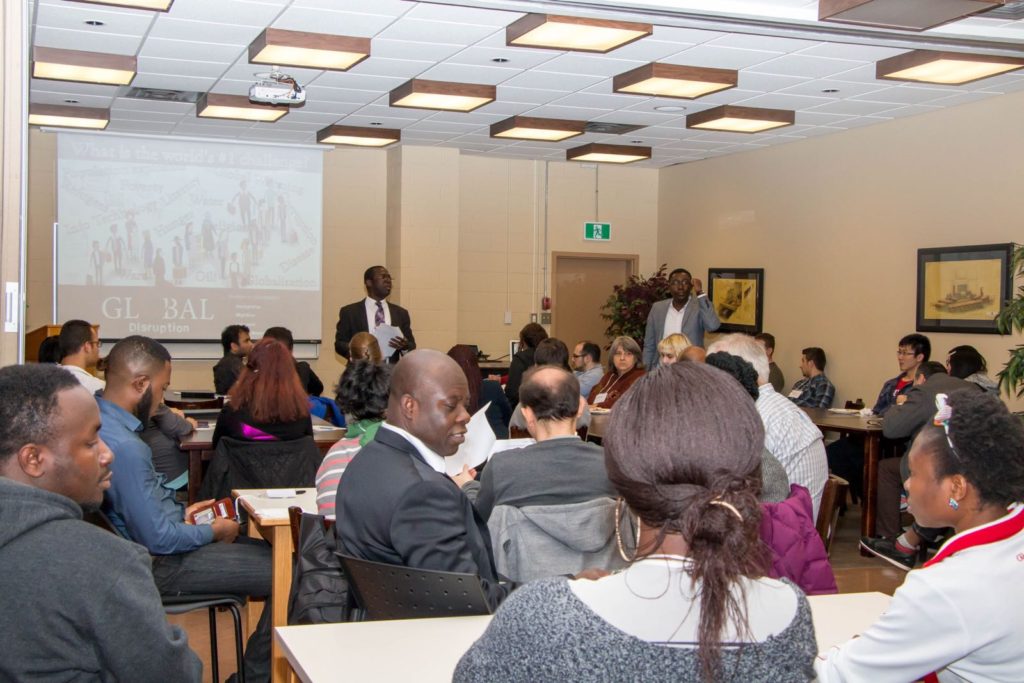
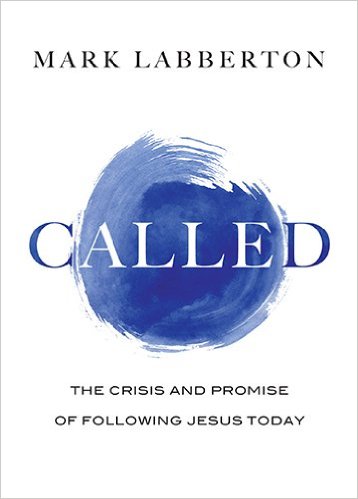



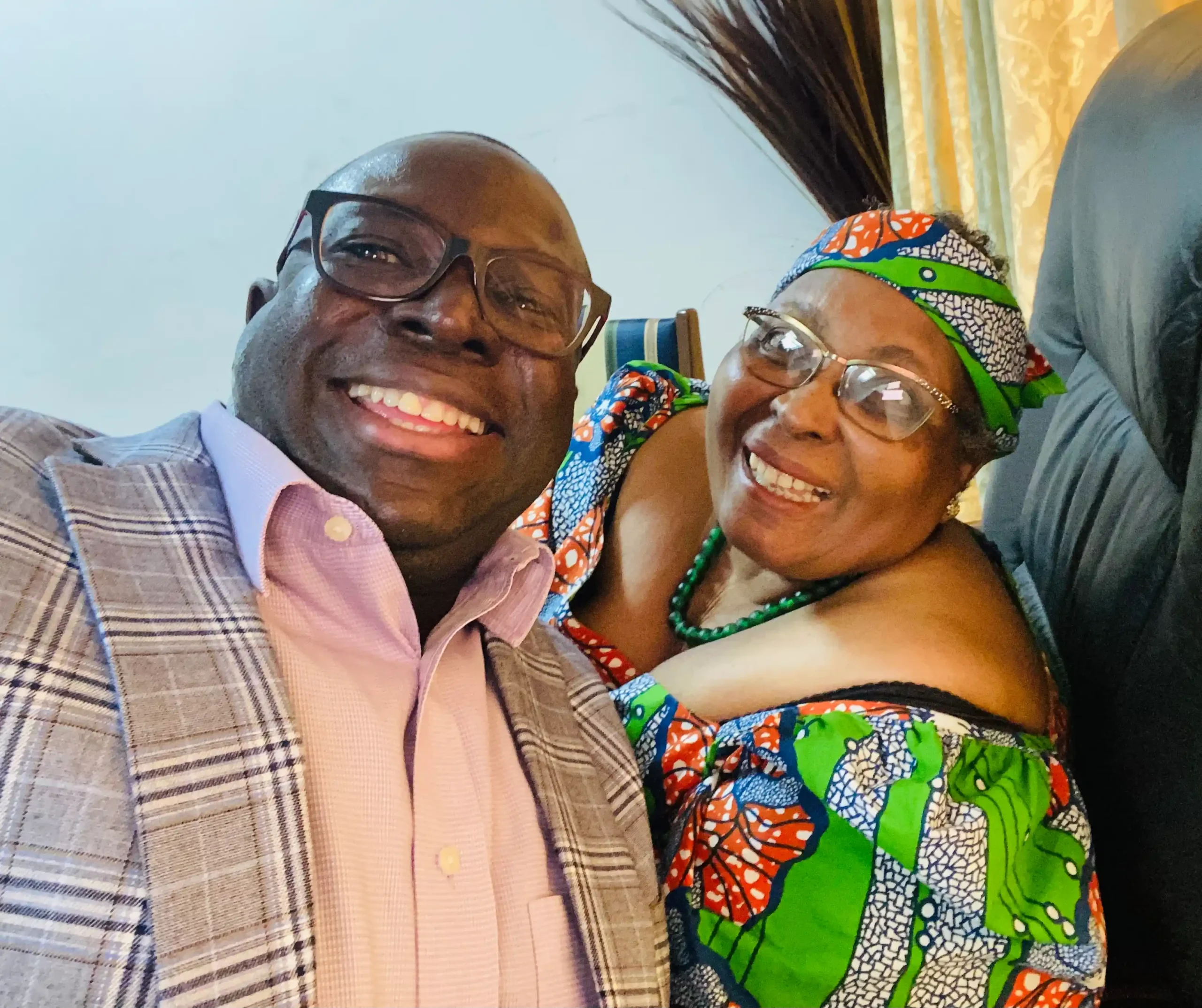

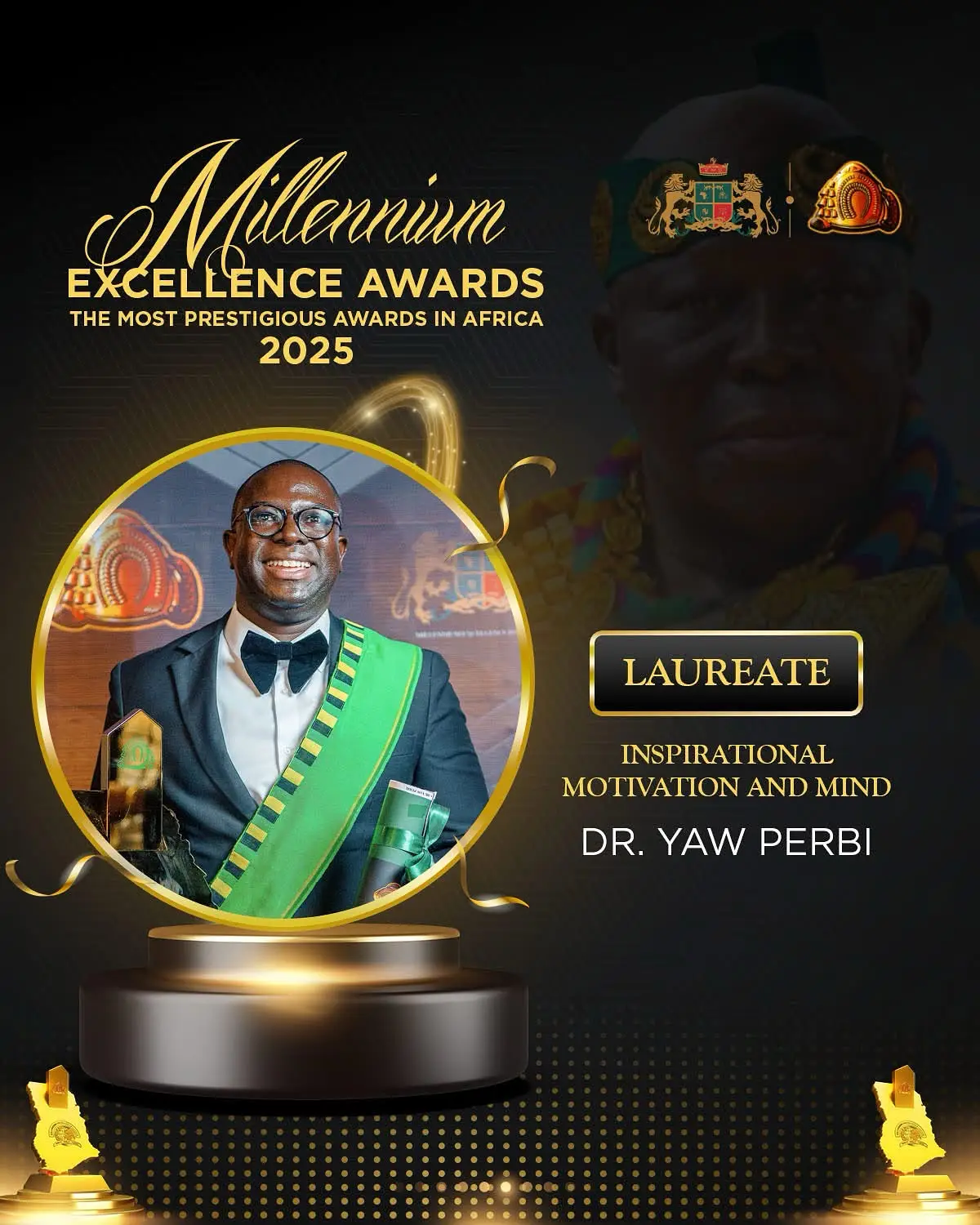

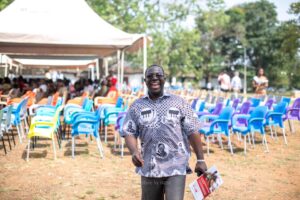
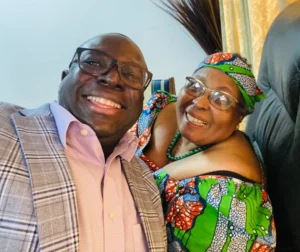
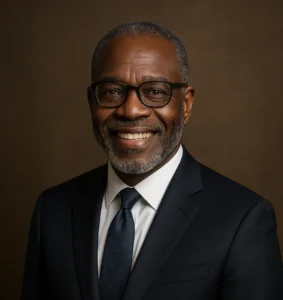

3 Comments
Hmm…Yaw, i now understand that i don’t quite understand 🙂 I need to call Rick Warren asap.
Emmanuel, we live and learn… and live more and learn more… Lol!
Actually, although Rick Warren taught ‘SHAPE’ he at the same time mentioned that we are called to service, period, whether or not we find and use our specific shape. I remember disagreeing at the time but I’m beginning to understand what he was trying to say. Even if we never discovered our specific, God-given purpose, as long as we serve God and people in love, we would still have made the mark. Complex? Lol!
Too deep Yaw! Many, many thanks for sharing! I can’t wait for the next post!